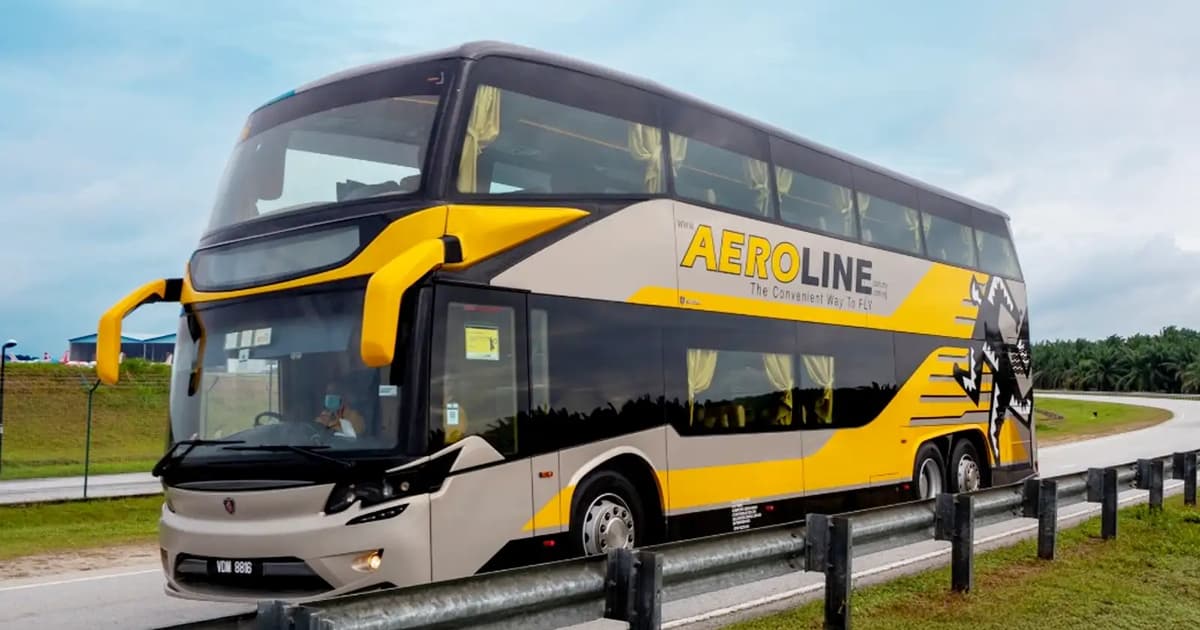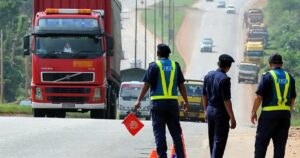
While Aeroline’s temporary suspension may be justified under the law, experts say it exposes outdated and impractical regulations currently enforced by the Land Transport Agency (Apad)
They said Apad’s insistence that coach services operate only from authorised, centralised terminals reflects a failure to keep pace with urban realities.
Transport consultant Wan Agyl Wan Hassan said Malaysia’s “terminal-only” policy was conceptualised to ease congestion and improve safety.
However, it has now become impractical, he added.
“Terminal Bersepadu Selatan (TBS) is 13km from the city centre, and passengers often have to spend nearly an hour to reach the KLCC or Bukit Bintang areas.
“A balanced system should integrate central terminals with well-managed kerbside zones,” he told FMT, suggesting the introduction of designated bays to maintain order and safety.
Wan Agyl, founder of the transport think tank My Mobility Vision, said that while safety and licensing compliance remains crucial, the government must reassess whether existing frameworks align with user needs and urban development.
Fellow transport consultant Rosli Khan said the centralised terminal model was “outdated” and “unworkable” for cities as large and spread-out as Kuala Lumpur.
Rosli said it was unrealistic to expect all express buses to operate exclusively from terminals like TBS.
Commuters in Petaling Jaya, outer KL and the central business district area also need the convenience of closer terminals, he added.
“With Klang Valley spreading out further with a population of almost nine million, there needs to be several terminal locations, not just two or three,” said Rosli.
He said London, with a similar-sized population, has an extensive rail network of 14 main train stations serving central London. In addition, there are bus terminals, the largest one being in Victoria, and six or seven other coach stops.
“Aeroline has proven for 23 years that the market for its service exists. It should be allowed to continue operating as is. There has never been any issue with its safety or operations,” Rosli added.
Zulco Sdn Bhd, which operates the Aeroline fleet of express buses between Kuala Lumpur, Petaling Jaya, Penang, Johor Bahru and Singapore, has had to suspend its services for a month until Dec 6 on Apad’s orders.
This followed Apad’s issuance of three show-cause letters to the operator between March 13 and Oct 10, citing misuse of its operating licence for picking up and dropping off passengers at unauthorised locations.
The agency said the firm had been previously instructed to operate from authorised terminals but failed to comply.
Employ kerbside pick-up model
Rosli suggested that Malaysia adopt a managed kerbside pick-up model for express buses, similar to cities like London and Singapore.
“Pick-up points at MRT stations would be good, and bus companies could study high-demand areas to determine the best pick-up points.”
Rosli also called for open communication between authorities, operators and users to ensure transport policies evolve in step with the needs of commuters.
Sustainable Development Network Malaysia chairman Sha’ani Abdullah said that while Apad had a duty to ensure safety and compliance, Aeroline’s suspension highlighted the need for a full review of current licensing rules.
He said commuters often suffered from rigid rules that prevented operators from letting passengers off outside official terminals.
“For example, passengers from the east coast who live in Gombak are forced to disembark at the main terminal in the city centre and then take another form of transport to get home. This situation is inconvenient and burdensome for users.
“Restrictive requirements that limit pick-up and drop-off only to official terminals create difficulties, especially for residents in rural or suburban areas without sufficient bus coverage or connecting transport services,” he said in a statement.
Sha’ani urged the transport ministry to review the Land Public Transport Act 2010 to allow pick-up and drop-off points at safe, controlled and conditionally approved sites.
“A more pragmatic, user-based approach will strengthen public trust in Malaysia’s transport system and ensure that express bus services remain a key travel option for the public,” he added.






